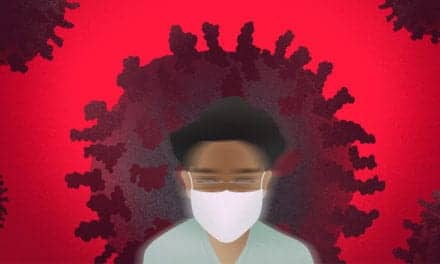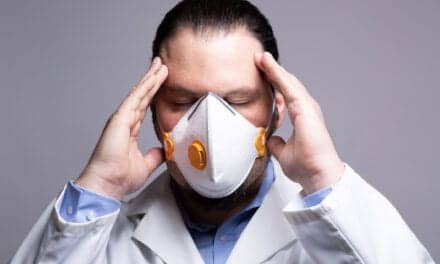 |
Caring for patients, fulfilling a singularly privileged role in the lives of others, this vital work offers the physician day-to-day rewards that are unmatched in any other occupation. But it is also an occupation in which goals and daily professional activity may become snarled in an onrush of operational, financial, and regulatory demands. Too often, stress among physicians is left dangerously unmanaged.
Vocational burnout is taking an excessive toll in the lives and performance of doctors. The special demands placed on physicians, combined with the personality traits favored by the profession, too often lead to unsupportable levels of emotional exhaustion, poor interpersonal engagement with patients and colleagues, and a missing sense of achievement. The Maslach Burnout Inventory, the favored tool for epidemiological analysis of vocational burnout, measures self-reported levels of emotional exhaustion, depersonalization, and perceived lack of achievement.
Fortunately, a wealth of inquiry into the working lives of physicians has helped to identify causes of burnout and point the way to treatment and prevention. As surveys have found growing discontent and eroding work satisfaction among physicians, awareness of the risk of physician burnout has also begun to grow.
The seeds of burnout may be sown even before careers begin: If one were to design an occupation to exert maximum burnout, it would serve well to mix learning and instruction with just the sort of fatigue and emotional exhaustion that traditionally shadow the medical student and resident. By mid career, many physicians have built on this early foundation, missing few opportunities for overwork and self-denial.
It appears that the biggest contributors to physician burnout are sheer workload and perceived loss of control over the work environment. Burnout is significantly more common among physicians in mid career than among those who are older, and female physicians have a somewhat higher incidence of burnout than males.
A measure of compulsiveness may help young doctors to learn and perform their work, but too often this personality trait blooms into self-doubt, guilt, and an exaggerated sense of responsibility. Beset with chronic feelings of not doing enough, some physicians have difficulty setting limits at work. Healthy self-interest becomes confused with selfishness, and guilt begins to interfere with pleasure.
We are surrounded by sources for renewal both at home and at work, but we must seek out those experiences.
Doctors in these straits may become oblivious to their own physical and emotional needs as well as those of their families. Burnout can play out in deterioration of values, dignity, spirit, and will, and is associated with poor job performance and with health problems ranging from headaches and fatigue to hypertension, anxiety, depression, substance abuse, and heart attacks.
Health care organizations have a vital stake in preventing physician burnout. Physician well-being is associated with productivity, retention, patient satisfaction, and patient safety. Amid the changing health care environment, organizations should strive to continue to accommodate physicians’ values and choices in the workplace. Physicians should have a hand in work design and practice management. A physician health committee should review corporate decisions and contracts for their impact on physicians.
The general principle of burnout prevention is straightforward: Whatever promotes physical, emotional, psychological, or spiritual well-being helps to prevent burnout. Measures to prevent physician burnout derive ultimately from the effective application of this general principle to the personal and professional lives of physicians.
Organizations should give doctors support to balance work with personal life, including flexible scheduling for family events and leaves of absence for professional growth and travel. They should consider sponsoring physician mentoring programs, confidential support groups, sabbatical programs, fitness center memberships, continuing medical education, and annual retreats focusing on physician well-being.
Physicians should set limits at work and protect time spent with family and friends. If the workload gets out of hand, they need to consider ways to reduce it. We are surrounded by sources for renewal both at home and at work, but we must seek out these experiences. It helps to pursue a positive outlook and positive relations with others. Maintaining strong relationships with one’s spouse, partner, and/or friends and colleagues is key to withstanding occupational stress. Doctors should have a personal physician and pay attention to their nutrition and exercise.
We should not lose sight of the meaning of our work. If physicians are to continue to aid others, they must learn to guard against vocational burnout. Preventive strategies should begin on the first day of medical school and continue throughout one’s career. To succeed as physicians, we must learn first to care for ourselves.
Steven G. Gabbe, MD, is dean, Vanderbilt University School of Medicine, Nashville, Tenn. This article originally appeared in the March 2003 edition of the AAMC Reporter, published by the Association of American Medical Colleges, Washington, DC





